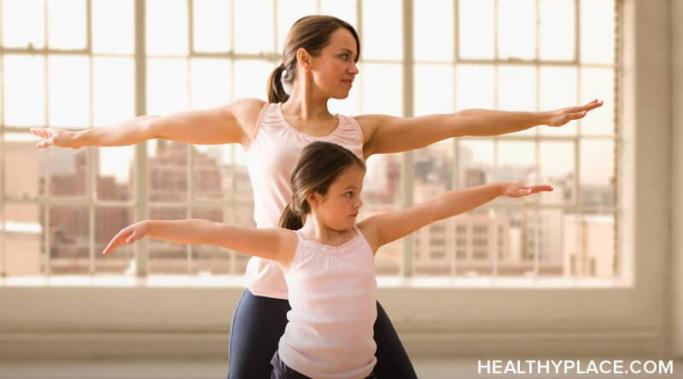Blogs
I believe depression prevents self-improvement. Maybe not in its entirety, but certainly overall. I feel like depression is a wall and I'm chained to it so forward progress is all but impossible. So what do you do if you think depression is preventing your self-improvement?
Grounding techniques are a valuable coping tool for people suffering from posttraumatic stress disorder (PTSD). At its core, PTSD is a disorder that keeps people stuck in the past. Grounding techniques, on the other hand, help people with PTSD connect with the present. Finding grounding techniques that work for my PTSD symptoms has been a journey. Grounding is a very personal experience, and what works for other people doesn't always work for me. Thankfully, there are plenty of techniques to choose from when it comes to grounding yourself.
One of the most challenging aspects of COVID for me has been recreating a schedule to reduce anxiety for myself. Although I've been fortunate to keep my job, I've discovered that a lot of the structure I enjoyed in my life was the result of activities and obligations that have evaporated in the last two months.
I’m August Queue, and I am a transmasculine, nonbinary, queer person. My pronouns are they/them and sometimes he/him. I’m going to be writing for "The Life: LGBT Mental Health," and discussing my experience with mental health and the lesbian, gay, bisexual, queer, transgender, intersex, asexual, plus (LGBTQIA+) community. I have been diagnosed with a slew of different things, including posttraumatic stress disorder (PTSD), generalized anxiety disorder, obsessive-compulsive disorder (OCD), attention-deficit/hyperactivity disorder (ADHD), bipolar disorder, borderline personality disorder, and schizoaffective disorder. After turning 24 and spending four years in therapy, I discovered that I had autism.
Have you become stuck in the tension of how to approach eating disorder recovery when you don't feel ready? This is a common dilemma—the belief that you can't pursue healing until the motivation, desire, and commitment all of a sudden materialize.
The year 2020 is turning out to be very stressful, and stress isn’t good for any of us, whether or not we have a mental illness like schizoaffective disorder. Not only do we have the coronavirus to contend with, but it’s also a presidential election year. Future responses to the virus and the outcome of the election go hand in hand in my mind. Add in my schizoaffective disorder, and I’m really stressed out. But I’m focusing this article on the election despite that.
In addition to eventually developing my own addictions, I also grew up in a home with an addicted parent. I rarely spoke about my mom's addiction history when I was young because of the shame that frequently followed those conversations. As I grew older and developed a few less than desirable habits of my own, I thankfully found some compassion for my mom and the struggles that surrounded her.
It's the ultimate conundrum. Mindfulness meditation can reduce the effects of anxiety on your life and wellbeing, but practicing mindfulness meditation when you're anxious can seem impossible. After all, anxiety involves negative, racing thoughts--worries, what-ifs, and worst-case scenarios--that keep you trapped in your mind. How are you supposed to quiet your mind with mindfulness meditation when anxiety is relentlessly loud? If anxiety is preventing you from using this tool to reduce it, take heart: the practice is a skill that becomes stronger the more you use it. Here are three tips to make mindfulness meditation work for you when you're anxious.
Today in mental health recovery, I'm experiencing dissociation. What is dissociation? Well, for me, I feel oddly disconnected from my body, and like I'm floating through a dream in my real life. I am experiencing dissociation now, and rather than waiting until I feel better, I've decided to make a post in the moment to really show you what it's like.
Several weeks ago, during a video call with my therapist, we began exploring ways to relieve stress through activities that engage the senses. While on the topic of ways to minimize stress, she shared with me something I think every parent should have in their arsenal—especially parents who juggle attention-deficit/hyperactivity disorder (ADHD).









